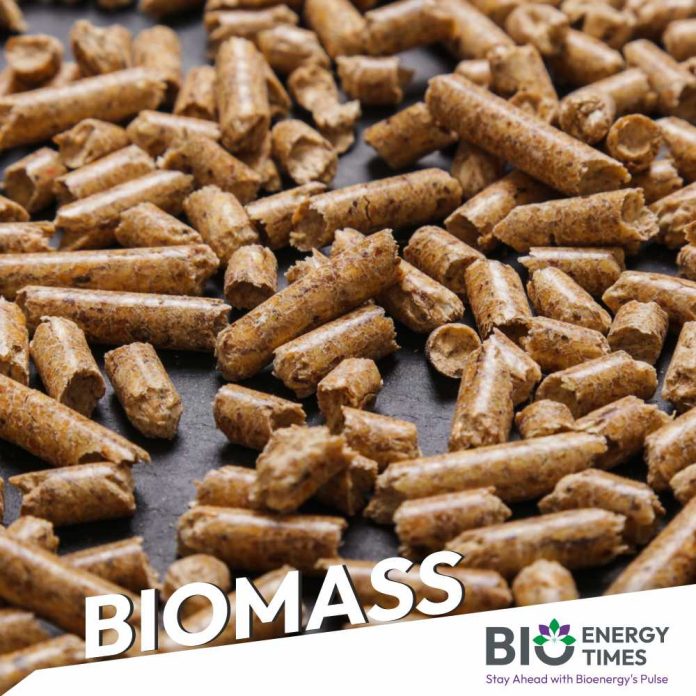Brazil has enacted changes to its National Biofuel Policy Act, ensuring that independent biomass producers now share in the revenue generated through Decarbonisation Credits (CBIOs). Previously, under the Renovabio framework, only biofuel producers had access to this revenue.
The amended law mandates that revenue from CBIOs be distributed to the producers of biomass used in biofuel production. This adjustment addresses long-standing concerns raised by biomass producers over their exclusion from CBIO-related benefits.
The new law establishes distinct revenue-sharing models for sugarcane producers and producers of other biomass sources like sugarcane producers who are entitled to at least 60% of CBIO revenue. If these producers supply additional data to biofuel producers, enabling higher energy-environmental efficiency ratings for the biofuel, they can earn an additional share. This bonus amounts to 85% of the added CBIO value derived from the enhanced rating.
The share of other biomass producers will be determined through direct negotiation with biofuel producers. This negotiated amount may be transferred as a tax-exempt premium.
The law includes stringent measures to enforce these provisions. Biofuel producers failing to pay sugarcane producers their entitled share face fines ranging from BRL 100,000 to BRL 50 million. However, no specific penalties are outlined for non-payment to other biomass producers.
These changes significantly reshape the dynamics of Renovabio by formalizing revenue-sharing mechanisms. For sugarcane producers, the set percentage provides clarity, while the negotiation framework for other biomass producers introduces flexibility. Both models, however, carry the potential for legal disputes requiring individual case assessments.
For detailed information and further insights, please refer to BioEnergyTimes.com, which provides the latest news about the Biomass Industry















